The Democratic Republic of Congo and the Rwandan-backed M23 rebel group have signed a new peace framework aimed at ending decades of conflict in eastern DR Congo. The agreement, reached during a ceremony in Qatar, is the latest attempt to stabilise one of Africa’s most volatile and resource-rich regions. Qatar, alongside the United States and the African Union, has been leading mediation efforts to bring the parties to the negotiating table after earlier peace initiatives collapsed.
This year, M23 forces seized control of major eastern cities including Goma and Bukavu, triggering a deepening humanitarian crisis. Thousands of civilians have been killed since January, while hundreds of thousands have been displaced from areas now under rebel control. The new framework, according to US Africa envoy Massad Boulos, contains eight key protocols covering issues such as humanitarian access, the return of displaced populations, judiciary protection and steps toward an eventual ceasefire. Many of these protocols still require detailed negotiation, and progress on prisoner swaps and ceasefire monitoring has been slower than anticipated.
A central sticking point remains troop withdrawals. Kinshasa demands the departure of Rwandan forces from its territory, while Kigali insists this can only happen once the Congo-based FDLR militia, composed largely of Hutu fighters tied to the 1994 genocide, is dismantled. Rwanda continues to deny supporting the M23 despite substantial evidence indicating otherwise, arguing its presence in the region is strictly defensive.
The framework builds on a series of earlier agreements signed in Doha in July and again last month, as well as a US-brokered peace deal from June that President Donald Trump hailed as a “glorious triumph” before both sides violated it almost immediately. Notably, the M23 was not a direct party to that failed US deal, insisting that Qatar-led mediation is better positioned to address what it calls the “root causes” of the conflict.
With eastern DR Congo rich in coltan and other critical minerals essential to the global electronics industry, the conflict has far-reaching global implications. Reports suggest Kinshasa has turned to Washington for security support, offering access to strategic minerals in return.
Whether this latest agreement signals a genuine turning point remains uncertain, but the new Qatar-backed framework is being watched closely across Africa and beyond, as hopes rise for a sustained path to peace in the long-troubled region.


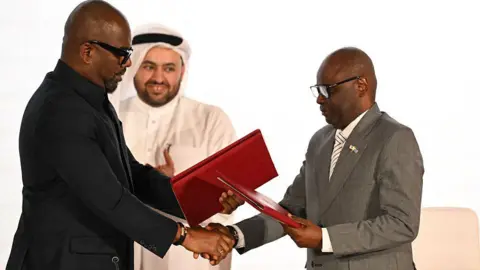
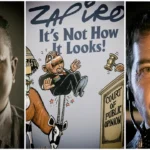

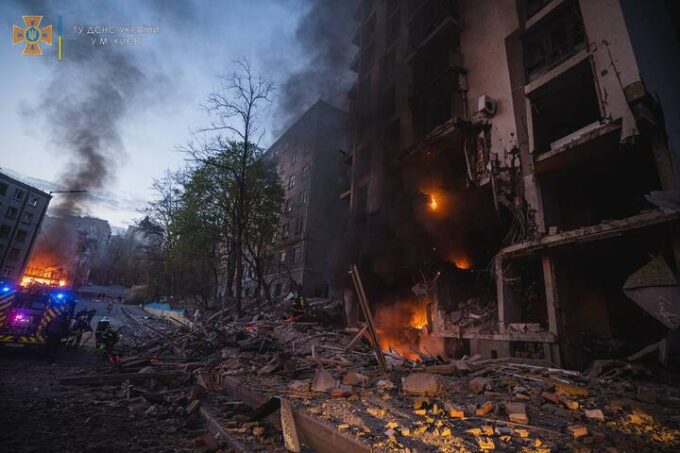

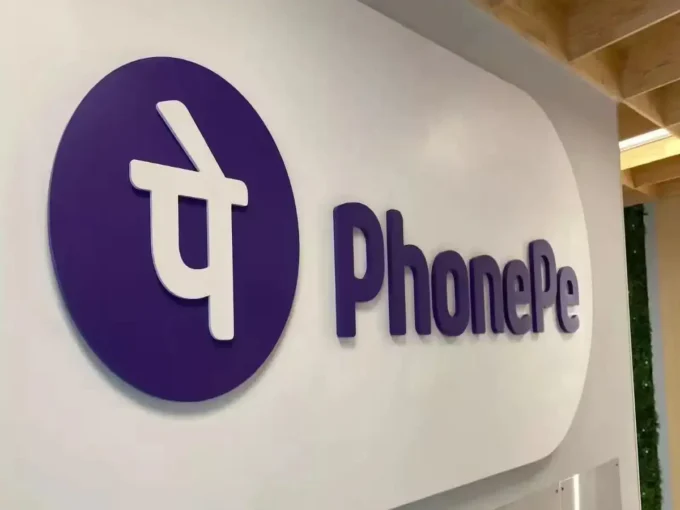



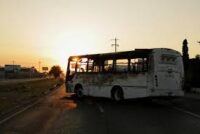

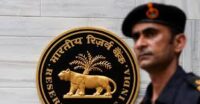
Leave a comment